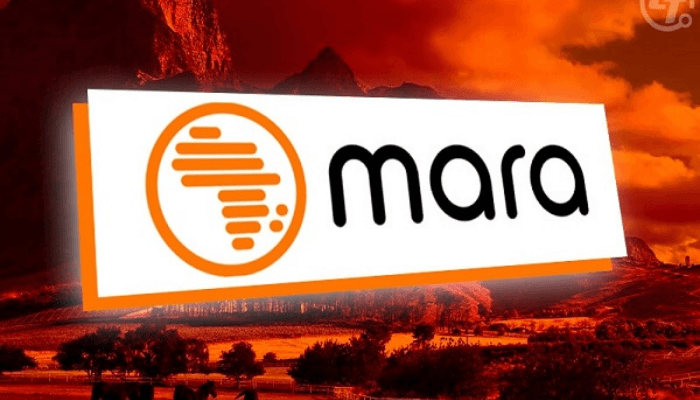At the height of the crypto excitement in 2021, Africa’s involvement in the expanding crypto economy attracted a lot of calls. Experts desperately urged the continent to engage and create creative goods and educate its young population about possible Web3 prospects.
The desire came true as Mara (CoinMara Inc.), a pan-African exchange meant to “build Africa’s crypto economy,” emerged. Mara’s ride ended in the rocks, despite a great head start and enormous cash, which led to its dramatic breakup and dubious founding of another company called Jara.
Read also: Bitcoin price drops below $60,000 may result to panic selling-Expert warns
The vision motivating Mara
Inspired by Chinyere “Chi’ Nnadi, Lucas Llinás Múnera, Kate Kallot, and Dearg OBartuin, Mara was born to build a well-resourced crypto economy within Africa. The founders envisioned this as a platform whereby financial inclusion would be increased, mysterious transactions might take place, and technology advancements would be driven forward.
Key players in forming Mara are Chinyere “Chi’ Nnadi, the heartbeat of which the company mission is at the core; Lucas Llinás Múnera, who brings technology and crypto expertise to the team; Kate Kallot, who works on Strategic Partnerships and the development of the ecosystem; and Dearg OBartuin, who has added to the technical infrastructure and operational strategies.
Early success and investor confidence
Pointing to the degree of trust such funders have in transforming the financial sector in Africa, Mara received $23 million in May 2022 from significant investors, including Alameda Research, Coinbase Ventures, and over 100 others at a pre-money valuation of $70 million.
Mara wanted to offer a crypto exchange and educational program to equip individuals on how adopting digital currencies would help them. Using Blockchain technology to improve openness, security, and efficiency in financial transactions also fell under strategic plans.
Mara’s financial crisis
Management problems and internal challenges. Mara had great potential at first, but various organisational issues hampered her. Poor money management, strategic errors, and leadership conflicts caused the organisation to be unstable.
Allegations and controversies
Two co-founders departed the business in early 2023 because they worried about Nnadi’s leadership and company direction. Their financial collapse resulted from his claims that Mara went down the wrong path.
Early in 2024, Chinyere Nnadi registered a new company called Jara. This action drew concerns since former co-founders claimed Nnadi created Jara to cover Mara’s debts. The debate grew more intense as other stakeholders and investors questioned the motives behind the new business.
Lessons to note from Mara’s rise and fall
The issue of leadership in managing a start-up strikes out as particularly striking about Mara’s ascent and subsequent descent on this path. The corporation’s collapse indicates that visionary ideas should be strengthened with a solid basis or foundation under management best practices guided by ethical leadership.
Being open and accountable to stakeholders, staff members, and the community is necessary. The Mara experience shows this: ethical behaviour and open communication will save their connections with interested parties.
The Crypto Economy Future of Africa
Though Mara passed, Africa still has great potential for blockchain and crypto technologies. The continent’s young population and growing internet penetration provide a rich platform for digital innovation.
Read also: Zimbabwe’s Crypto Regulation Consultation
New starts and rising startups
These can move on with their vision, knowing from Mara’s experience. Based on best practices and aiming for sustainable development, new businesses will support financial inclusion and add to Africa’s crypto economy.
From a promising startup to a cautionary story, Mara’s path provides insightful analysis of what it takes to launch a company in the ever-changing crypto sector. Although its collapse alludes to shortcomings in financial management and leadership, it also emphasises blockchain technology’s long-lasting possibilities for Africa. Apart from that, by guiding other upcoming entrepreneurs, Mara’s experience would help them escape the traps and positively contribute to a growing crypto economy on the continent.
















